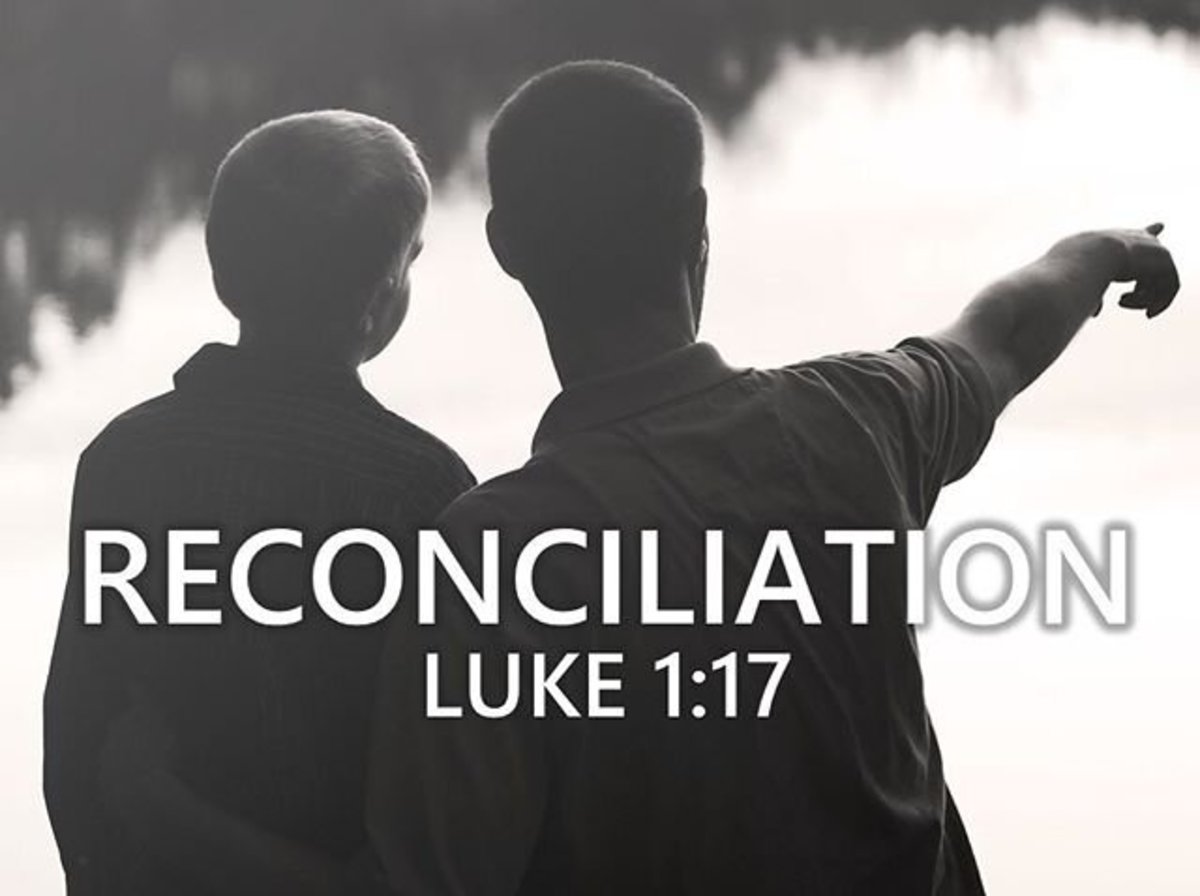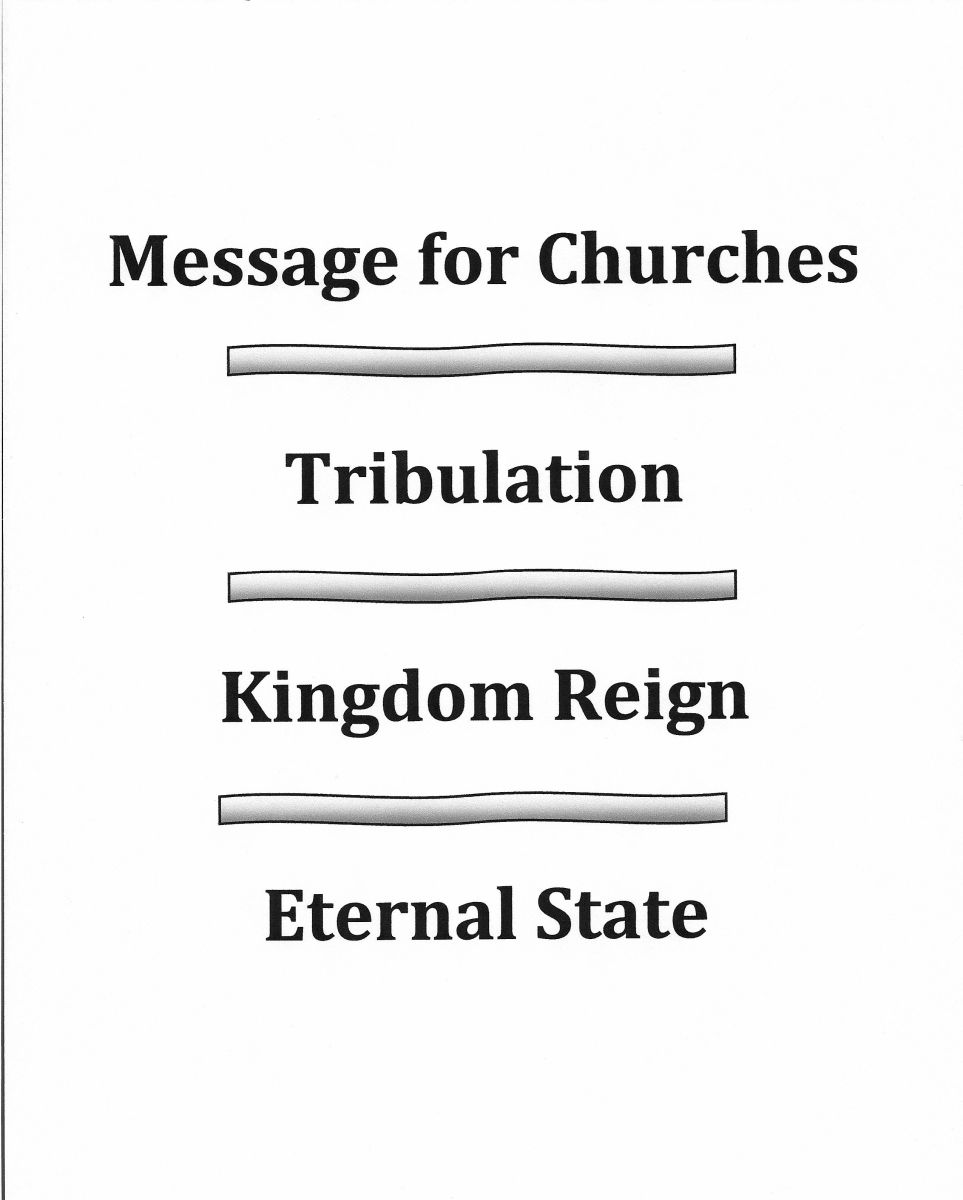How to Nurture the Soil of the Heart
Proverbs 3
When most Christians hear Proverbs 3, I think the majority of their brains default to Proverbs 3:5, "Trust in the Lord with all of your heart...." While this is one of only a couple of scriptures that I can properly quote out of this passage, today I felt led to read the passage in it's entirety. The very first scripture implores us to intertwine our hearts with the keeping of His commandments. When you come to know God, you begin to understand that all of His commandments are borne out of His love for you and not a single one was meant to be thrown at you with harshness. Even in the old testament, were laws abounded, the potential for a heart-to-heart connection with God is skillfully woven into the stories that are told. Unfortunately, hearts have become hardened toward God through the deception of religion. Even hearts that want to please God. In fact, these hearts can be in even more susceptible to the insanity of religious methods.
Susceptible Hearts
While God takes delight in anyone who strives to please Him, He also enjoys when that process stems out of a love for Him rather than a fear of Him. Even devout Christians can easily fall into the temptation of following God's word "just because He said so." When we forget that He's already satisfied with who we are, we end up striving to obtain things that God has already provided us with through Jesus Christ. Proverbs 3:1 says, "My son, forget not my law; but let thine heart keep my commandments." There is one simple but powerful word in this scripture that enables us to walk in freedom concerning God's commandments. And that word is, "let."
One Simple Word
That one word, "let," or "allow" infers that there is a simple action required on our part, concerning our relationship with God. We need only to allow our hearts to be softened by the One who loved us first. We need to allow our hearts to sense that love deeply so that we can be moved to make a difference from the depth of our souls. We need to allow our hearts to be susceptible to the commandments that God has so graciously given us. This can only come from showing up and spending time with God consistently. I have learned so many things from God that I believe were just a byproduct of making time for God in my life. While allowing our hearts to connect with God is a simple action, it is an important decision none-the-less. When we surrender our hearts over to His loving presence, His commandments are no longer a list of do's and dont's. But neither are they a list of mere suggestions. Instead, His words become our life source. They provide water for the soil of our hearts, which are meant to bear everlasting fruit.
The Difference Between Soil and Dirt
The Bible often talks about the soil that lies within our hearts. Not dirt, but soil resides on the inside of us. When I looked up the distinction between dirt and soil, the images that were presented depicted an obvious difference. One pile was light in color and looked void of life. The other pile looked as though it had been painted a rich brown and it silently promised the potential for growth. As you might imagine, the latter description is the one that our Father used to describe what is contained within the contents of our hearts. Sometimes we may feel as though our hearts have turned to dirt and they are void of anything life-producing. But the amazing part is that when organic matter is added to dirt, it can be revitalized, and once again resemble rich soil. Organic matter is Carbon-based, and Carbon is found in all living material. God has called us to be life-giving. We first receive from Him, and then we are able to give to others. Isaiah 55:5 says, "Surely you will summon nations you know not, and nations you do not know will come running to you, because of the Lord you God, the Holy One of Israel, for He has endowed you with splendor."
How Do We Save Our Soil?
When it comes to our relationship with God, I think the main thing we need to be on guard about is complacency. It's easy to get caught up in methods and habits in a religious way. The Lord's prayer tells us to stay away from vain repetitions as well as fancy words that are only trying to impress. It really is about your heart attitude. I remember a period in my life where I prayed over the same thing every night, for about a month. I knew that God had heard me the first night I had talked to Him about it, and rather I thanked God for the answer every night thereafter. But still, the habitual prayer was borne out of a vision and an excitement to see the answer to that prayer, rather than out of a habit in and of itself. On the other hand, when we purposely use fancy words in prayer in order to impress God or others, it often stems from a religious mindset. When we come to God, we need to remember that we are serving a God who chose to come down to earth in human form. He has experienced the same temptations that we have, and yet is without sin (Hebrews 4:15). He was without sin and yet chose a sinner's death. He chooses to relate to us in such a personal way, and yet I think that the reason a lot of piles of soil decay into dirt is because we don't believe that He could possibly become that close to us. Remembering what He did for us and truly believing and meditating on that will allow our hearts to continually be drawn by the only one who can truly heal those parts of our souls that we've pronounced as being dead.
A process that farmers needed to learn early on is called crop rotation. If the same crop is produced in the same area of land for a prolongued period of time, that area of soil begins to erode and becomes unuseful to the farmer. Consequently, farmers need to change the type of crops that they are producing in a particular area. In a similar way, when we hear the same thing over and over again in our minds while our hearts are disconnected from the source, our soil is being trampled into dirt. I've heard many Christians talk about having "dry seasons." While I'm not saying that I haven't gone through a season like that myself, I whole heartedly believe that they do not need to occur, nor do we need to expect them to happen. For the majority of my life, I have been on fire for God, and could not even imagine the possibility of being void of passion when it came to my relationship with Him. He is the source of eternal life, for both heaven after life and the heaven that resides within us. Every instance that I have not "felt" connected with God, I knew that it was a result of walking in my flesh and not fully putting God first. I am not condemning anyone that says they've gone through long periods of dryness. But I really encourage you to closely examine who or what you consider your source of life to be. And be honest with both yourself and with God. Allow the totality of your heart to lean on the very essence of love, and others won't be able to prevent themselves from being drawn to the God that resides within you. John 15:4 says, "Abide in me, and I in you. As the branch cannot bear fruit of itself, except it abide in the vine; no more can ye, except ye abide in me."








